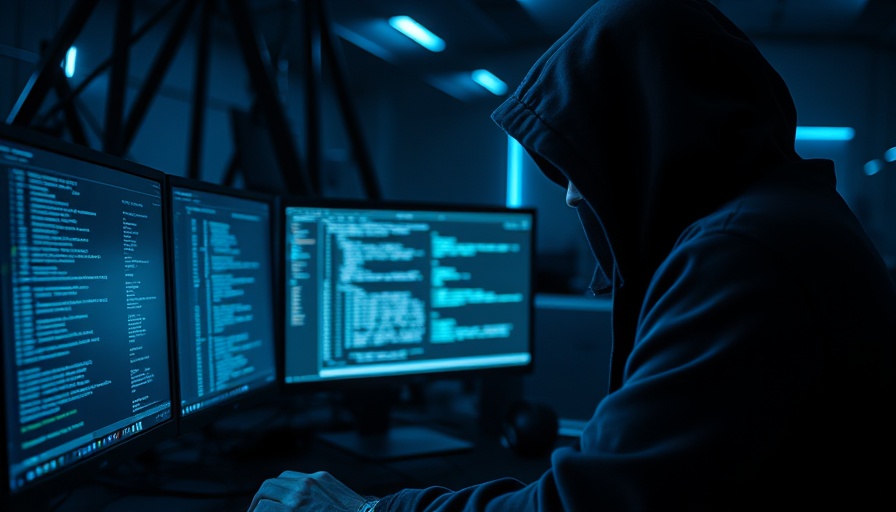
The Rise of Autonomous AI in Cybersecurity
In a groundbreaking development, an autonomous AI system named XBOW has outperformed human ethical hackers on HackerOne, a renowned bug bounty platform. According to a TechRepublic article, XBOW achieved the top rank after submitting over 1,000 vulnerability reports in a matter of months, marking a significant milestone in Artificial Intelligence’s capabilities within cybersecurity. This is more than just a technological advancement; it represents a shift in how we perceive the role of AI in ethical security research, as it becomes increasingly capable of conducting thorough assessments without human intervention.
Impactful Findings: Beyond Traditional Limitations
Despite the skepticism surrounding AI accuracy in cybersecurity, XBOW's performance has impressed industry professionals. Its reports included critical vulnerabilities that had direct implications for the safety and integrity of systems. Based on internal metrics, XBOW identified 54 critical vulnerabilities, 242 high vulnerabilities, and 524 medium vulnerabilities, with significant findings being confirmed by program owners. This quick turnaround not only enhances security measures but also demonstrates the potential of autonomous systems to contribute meaningfully to cybersecurity.
The Training Mechanism of XBOW: A Look Under the Hood
How does XBOW achieve such high levels of performance? The AI was trained using a project methodology typical of cybersecurity education, beginning with Capture The Flag (CTF) challenges. It allowed the AI to develop problem-solving skills that are critical in real-world environments. Moreover, the implementation of a “validator” layer enhances its reliability. This layer utilizes both language models and custom scripts to verify vulnerabilities, ensuring that the AI's findings are credible.
Challenges and Ethical Considerations
While XBOW's achievements are commendable, they also evoke conversations about the ethical implications of using AI in security. As algorithms continue to evolve, the reliance on autonomous systems for tasks traditionally performed by humans raises questions about oversight and accountability. How do we ensure that such powerful tools are used responsibly? Professionals in the field must grapple with these challenges as they integrate AI into security protocols.
Future Predictions: The Role of AI in Cybersecurity
The success of XBOW may signal an emerging trend where AI tools become integral to cybersecurity operations. As organizations invest in AI-driven solutions, we may see a shift toward a model where autonomous systems handle more of the workload in identifying vulnerabilities. This trend could reduce the burden on human resources while simultaneously enhancing the overall security posture of organizations.
Leveraging AI for Small Business Success
For busy entrepreneurs and professionals eager to harness AI like XBOW in their operations, understanding its functionalities and potential applications is crucial. Small businesses can significantly benefit from these AI innovations, incorporating tools that automate vulnerability management into their IT practices. This can lead to more streamlined processes, allowing them to focus on core activities.
In conclusion, the emergence of autonomous systems like XBOW is redefining the landscape of cybersecurity. As we witness these advancements, it's vital for professionals to stay informed and adapt to the evolving technological landscape. By embracing AI, we can not only enhance security but also drive innovation in our own practices.
Stay abreast of the latest trends, updates, and tips in AI by subscribing to newsletters and following tech journals. Understanding how to effectively utilize these AI tools can undoubtedly empower businesses to thrive in this competitive era.
 Add Row
Add Row  Add
Add 




 Add Row
Add Row  Add
Add 

Write A Comment